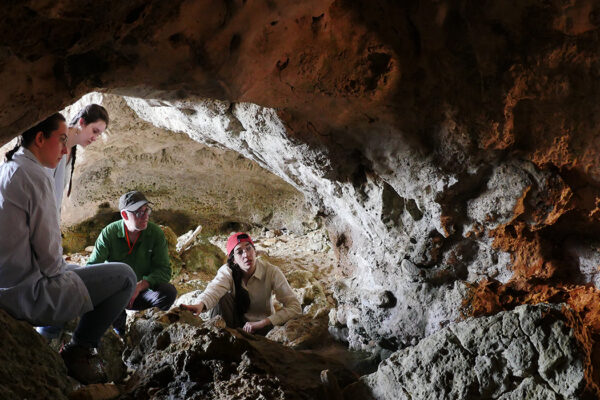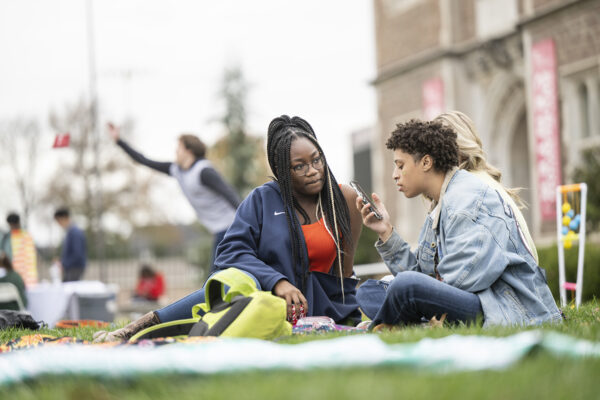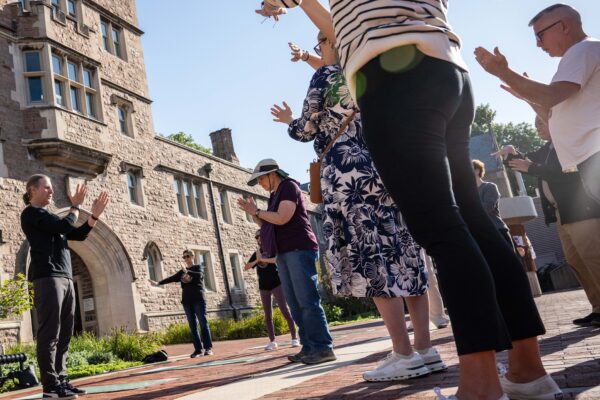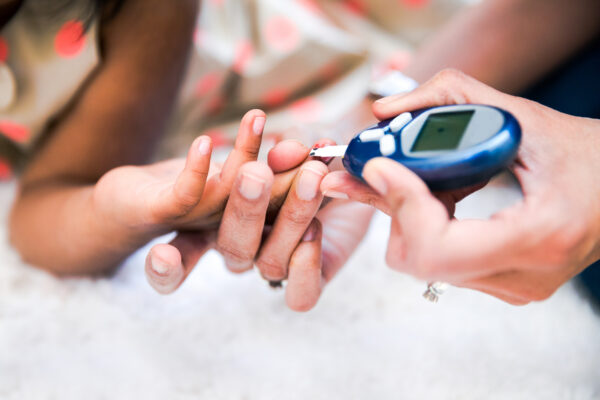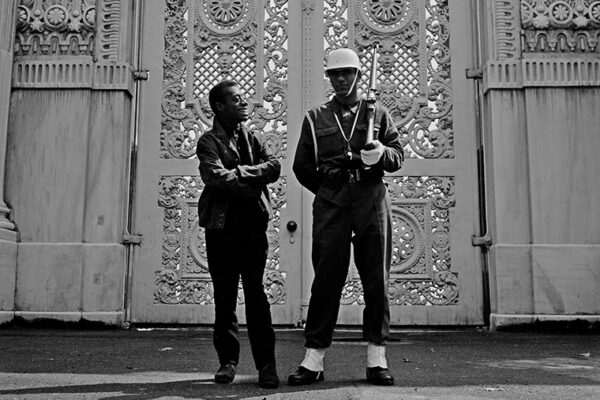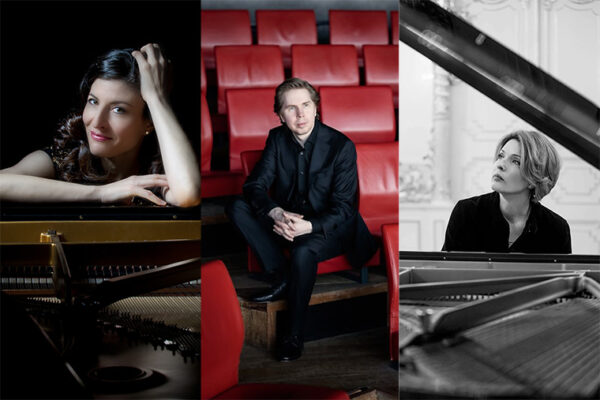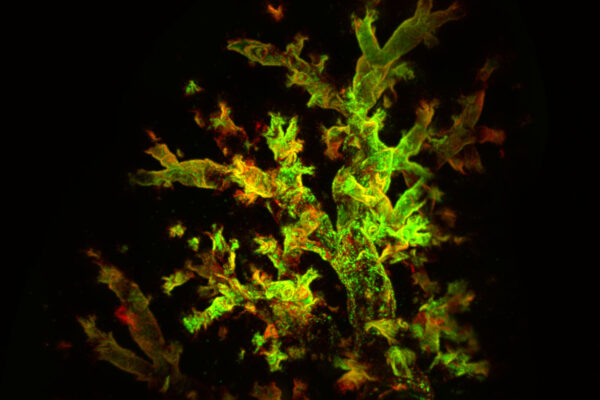Dedicated home for Arts & Sciences to break ground in spring
A ceremonial groundbreaking for the first building on the Danforth Campus dedicated to Arts & Sciences took place Oct. 8. The building will house some of the school’s premier departments and programs and serve as a cornerstone for scholarly and educational partnerships with other schools and units across campus.
Prestigious NIH Director’s awards go to three WashU faculty
Three researchers from Washington University have received highly competitive and prestigious National Institutes of Health (NIH) Director’s awards totaling $10 million over five years.
Underwater caves yield new clues about Sicily’s first residents
Archaeological surveys led by scientists at WashU suggest coastal and underwater sites in southern Sicily contain important clues that could reveal how modern human ancestors migrated to the island.
Supporting student mental health during the election
Kirk Dougher, associate vice chancellor for student support and wellness at WashU, explains what colleges are doing to help their students during this fraught election season and what steps students can take to better cope.
Potential of mindfulness to enhance cognitive health in Latinx older adults being studied
WashU researchers have received a National Institutes of Health (NIH) grant to explore the potential for mindfulness approaches to protect against dementia in groups of older Latinx adults.
Potential Type 1 diabetes treatment may stem from outsmarting immune cells
Cory Berkland, a researcher at Washington University, will lead preclinical diabetes research with a $2.6 million grant from The Leona M. and Harry B. Helmsley Charitable Trust.
James Baldwin Review marks 10th anniversary
The James Baldwin Review, co-founded by WashU’s Justin A. Joyce and Dwight A. McBride, celebrates its 10th anniversary, as well as Baldwin’s centenary. A feature essay by WashU’s William Maxwell explores an unexpected connection between Baldwin and Susan Sontag.
Fall into the piano
In October, the Department of Music in Arts & Sciences will present recitals featuring three internationally known pianists: Ingrid Jacoby (Oct. 13), Juho Pohjonen (Oct. 20) and Polina Osetinskaya (Oct. 28). Pohjonen’s performance also will feature cellist Zlatomir Fung and violinist Erin Schrieber in the St. Louis debut of “Other Pines,” a recent work by WashU composer Christopher Stark.
Viruses found hiding in lungs’ immune cells long after initial illness
A mouse study by researchers at WashU Medicine shows that lingering respiratory viruses set the stage for chronic lung disease, and eliminating infected cells reduces signs of chronic lung damage.
Stopping the brain drain: WashU research reveals strategies to keep graduate talent in St. Louis
WashU will host a conference, “Data for Good: Attracting and Retaining Talent in St. Louis,” Wednesday, Oct. 9, for local business, academic and community leaders to discuss how to build and sustain a thriving talent ecosystem in St. Louis.
View More Stories


